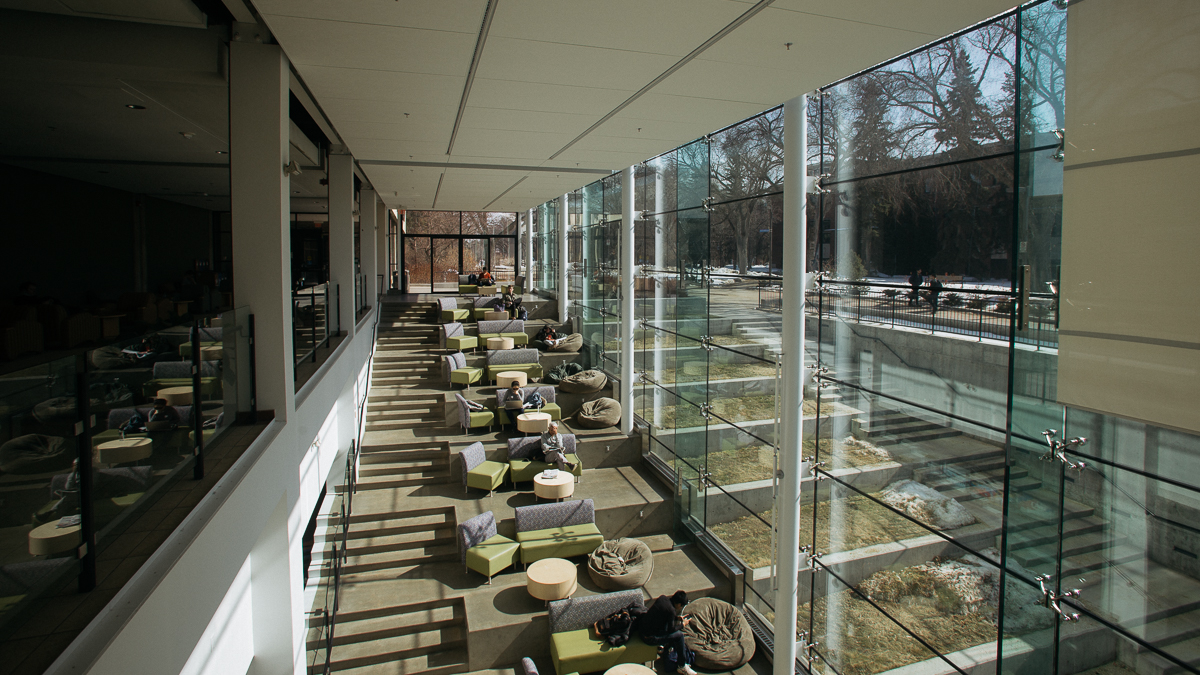 Rosty Soroka
Rosty SorokaThe discourse around mental health care on campus is so pretty: get help, it will make you feel so much better. What’s often left unsaid is that the type of care available on campus isn’t appropriate to everyone.
Counselling and Clinical Services only offers short-term therapy. That makes the service inadequate for people dealing with complex issues.
Additionally, since medication and therapy are the only treatments available on campus, a criticism of therapy is warranted here. Therapy puts way too much burden on the person in crisis. The mentality comes from the realization that you can only control yourself. However, when someone is broken and overwhelmed, how can you expect them to have the motivation and mental capacity to engage in the relevant behavioural and/or cognitive changes? Friends have told me they felt ashamed when they couldn’t implement the advised changes. Recovery can seem unattainable when the treatments available don’t meet your needs.
We need more communal treatments on campus. Perhaps a mentor/elder sibling/parental figure who will hold your hand. We need something that distributes some of the burden of recovery to other people.
Supportive listening is great for that, but there isn’t anywhere you can go for that long-term. The Peer Support Centre will only let you access their services once or twice. A friend told me that the centre discourages you from coming back if you’ve already been there a couple of times. They want you to seek therapy because that’s a long-term solution, but to a person seeking help, the discouragement can make them feel abandoned and hopeless. Usually, friends are supportive listeners, but they also get overburdened with their own problems. Not everyone has a family to lean on. If a person needs to talk and repeatedly hear ‘no’ from multiple sources, they are bound to feel hopeless.
It’s important for students to have unlimited access to supportive listening. If no one’s there to listen at a critical point, the situation may end very badly. The QPR Suicide Prevention Gatekeeper Program training taught me that sometimes all suicidal people need is someone to listen. If someone exhibited the warning signs of suicide, I’m sure that the Peer Support Centre would help them. However, if that person has been discouraged from accessing the service before, it can make them feel like they have nowhere to turn to. It can make them feel like nobody cares for them. Combined with other factors, the lack of available supportive listening can create the perfect setting for a suicide attempt.
Sometimes ACCESS Open Minds makes empty promises. The program hands out pamphlets that promise to connect students to services. But all they can offer is medication and/or therapy. As stated earlier, that may not be helpful to everyone. ACCESS Open Minds is limited by the services that are available; when there’s no service to connect the student to, the promise of salvation is slashed.
The university needs to offer more treatment options. Currently, the services are not appropriate for everyone. Even if the services are good for the majority of students, why should the minority slip through the cracks? University is a stressful, pivotal time for all students. They need to get good grades and network. Some need to hold down a job. They have a million things to worry. Therefore, it’s crucial that they get the care that they need.




